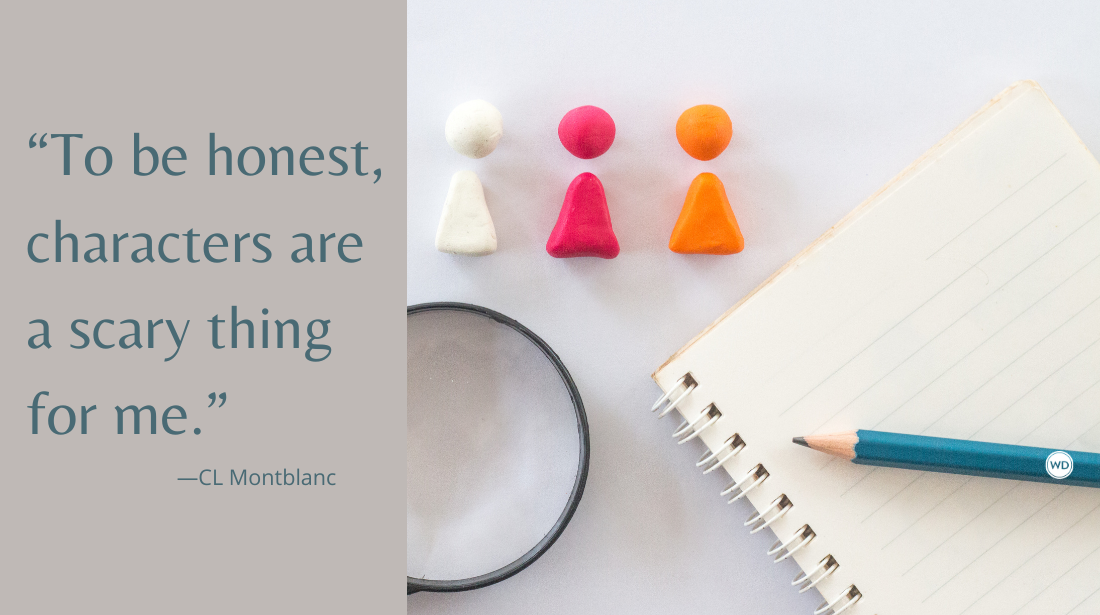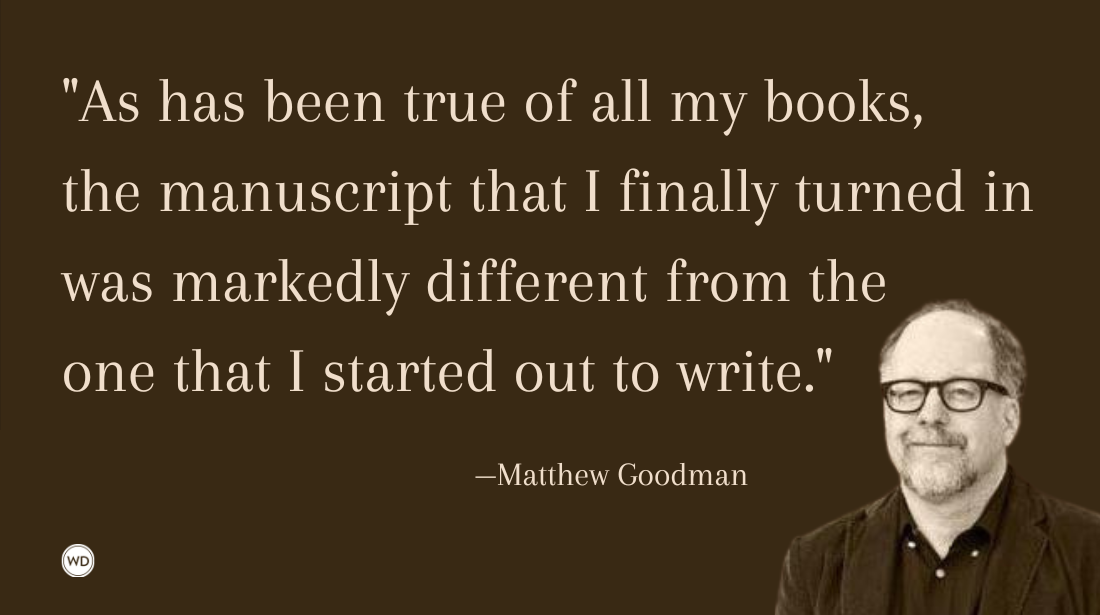On vs. Upon vs. Up On (Grammar Rules)
Learn when to use on vs. upon vs. up on with Grammar Rules from the Writer’s Digest editors, including a few examples of correct usages.
Once upon a time is a cliche way to begin a story, but I've never used it to open a Grammar Rules post before...until now. I figured this is my one chance to use that phrase since we're looking at the difference between on vs. upon vs. up on. Cliche or not, once up on a time just never works.
So let's get down on the differences between on, upon, and up on.
On vs. Upon vs. Up On
On is mostly used as a preposition or adverb. Its use as a preposition is the most relevant for this post. In these cases, "on" is used to indicate that something is in contact with or supported by something else. For instance, Billy could be standing on the floor or sitting on his sister who is sitting on a chair. Another way to use "on" as a preposition is by referring to how something forms a distinct part of something else. An example: She wore a crown on her head. The vampire left bite marks on his neck.
As an adverb, "on" can be used a couple ways. First, it can mean to bring something into physical contact with something else. That is, you can throw on a coat before you head outside. "On" can also indicate the continuation of an action. There are many examples of this including the popular and oft-parodied, "Keep calm and carry on."
Upon can be used as a preposition and adverb, though it's mostly used as the former. Most definitions of "upon" are something along the lines of "on" or "the more formal version of on." As such, Billy could be standing upon the floor or sitting upon his sister who is sitting upon a chair while wearing a crown upon her head and noticing the bite marks upon Billy's neck. It has the same meaning, but it's a little more formal, I suppose.
Up on, on the other hand, is a phrase the combines the directional word "up" (which can be used as a preposition, adverb, adjective, noun, and verb) with the preposition of "on." In some cases, "up on" could mean directionally "up" and "on" something (as in, I kicked a ball up on the roof). There are times when "up on" means a person is up to date on something (as in, she keeps up on her math homework). I know this may seem obvious, but the key here is to remember that "up on" is two separate words ("up" and "on"), while "upon" is one word.
Make sense?
Here are a few examples:
Correct: Kick the ball on the roof.
Correct: Kick the ball upon the roof.
Correct: Kick the ball up on the roof.
All these examples are correct and can be interpreted in multiple ways that could all correspond.
Correct: Throw on the lawn.
Correct: Throw upon the lawn.
Correct: Throw up on the lawn.
Again, these examples are correct and can be interpreted in multiple ways, though the third example has a couple possible meanings the first two could not mean.
Correct: He had a cut on the bottom of his foot.
Correct: He had a cut upon the bottom of his foot.
Incorrect: He had a cut up on the bottom of his foot.
In these examples, the "up on" phrase would not make sense "on the bottom" of a person's foot.
If you can remove the "up" and use only "on," then feel free to use "on" or "upon" as a preposition. But if you can't remove the "up" (or the "on"), then you need to use the phrase "up on."
*****
No matter what type of writing you do, mastering the fundamentals of grammar and mechanics is an important first step to having a successful writing career.
Robert Lee Brewer is Senior Editor of Writer's Digest, which includes managing the content on WritersDigest.com and programming virtual conferences. He's the author of 40 Plot Twist Prompts for Writers: Writing Ideas for Bending Stories in New Directions, The Complete Guide of Poetic Forms: 100+ Poetic Form Definitions and Examples for Poets, Poem-a-Day: 365 Poetry Writing Prompts for a Year of Poeming, and more. Also, he's the editor of Writer's Market, Poet's Market, and Guide to Literary Agents. Follow him on Twitter @robertleebrewer.








